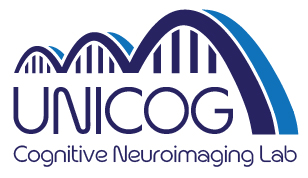2-YEAR POST-DOCTORAL POSITION (NEUROSPIN/INM)
Deep Phenotyping of Learning and Decision Making
7T MRI, MEG & Computational Modeling
Supervisor and Contact
Dr. Florent MEYNIEL
UNICOG – The Computational Brain
Key points
· Initial Duration: Two years (and extension is possible)
· Preferred Starting Date: January 2025
· salary: according to CEA standards, commensurate with experience.
Summary below, for the full version click here
Project Description
Learning and decision-making are intertwined processes in daily life. In the collaborative EXPLORE+ project funded by CEA, we aim to characterize the neural representations of uncertainty and value that result from learning and that guide decisions. We employ a deep phenotyping approach, analyzing subjects with a multimodal dataset. The current dataset includes behavioral, two 7T fMRI sessions, and 2 MEG sessions for each of our 16 participants, enabling the estimation and testing of various computational models. The MEG and 7T MRI data provide insights into neural organization and dynamics crucial for understanding decision-making and learning processes. Join us to delve into the MEG dataset and collaborate with analyses fusing the MEG and fMRI data.
Profile
We seek a candidate with a PhD in neuroscience, machine learning, or psychology, possessing strong programming skills (preferably Python). Prior experience with either MEG, EEG, fMRI, or computational modeling is required. Responsibilities include analyzing MEG data, collaborating on joint fMRI-MEG analyses, and presenting findings at seminars, conferences, and in publications. Fluency in English is essential; French proficiency is not required at all.
Workplace and Environment
· Institute for NeuroModulation (INM), Sainte Anne Hospital, Paris, France.
· NeuroSpin, Paris-Saclay campus, France.
Application Process
Please email the following to Florent Meyniel (florent.meyniel@cea.fr) and Alexander Paunov (alexander.paunov@gmail.com):
· Your CV
· Research statement outlining your interests and goals
· Contact details for two reference letters
Applications will be reviewed on a rolling basis until positions are filled.

